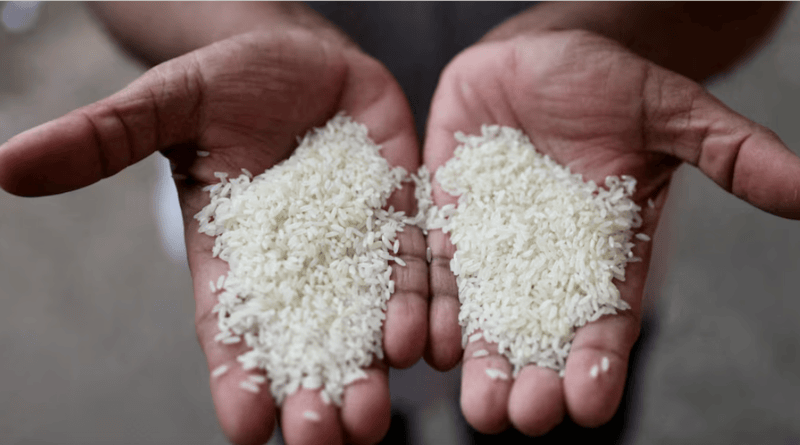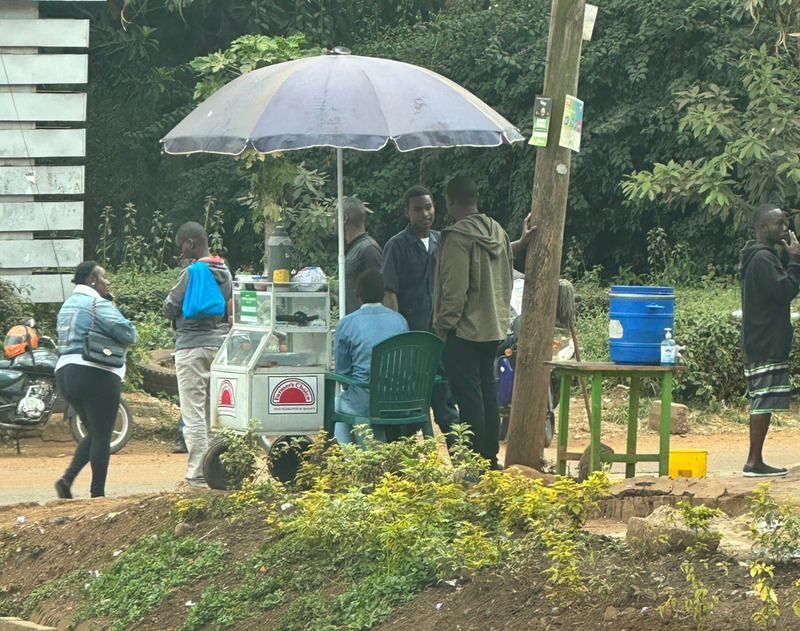Kenyan market flooded with contaminated rice - KEBS

According to KEBS documents, the rice, imported from Pakistan between September and October, failed safety tests as it exceeded the permissible aflatoxin level of 5.0 parts per million (ppm), recording an alarming 11.54 ppm.
The Kenya Bureau of Standards (KEBS) has uncovered a troubling development regarding contaminated rice being sold in the Kenyan market.
A consignment of two million kilograms of rice declared unfit for human consumption due to high levels of aflatoxin, has found its way into the country’s food supply, raising serious health concerns.
More To Read
- MPs probe KEBS's controversial vehicle inspection tender
- NTSA releases list of licensed vehicle body builders and assessors
- Kebs on the spot as MPs order withdrawal of disputed levy regulations
- KEBS denies reports of contaminated sugar, calls opposition claims baseless
- KEPHIS warns proposed seed law could threaten food security, hurt farmers
- KEPHIS opposes seeds Bill 2025, warns of weakened oversight and rise in counterfeit seeds
According to KEBS documents, the rice, imported from Pakistan between September and October, failed safety tests as it exceeded the permissible aflatoxin level of 5.0 parts per million (ppm), recording an alarming 11.54 ppm.
Despite KEBS classifying the rice as unsuitable for consumption, only a small portion was intercepted, with the majority being sold to unsuspecting consumers.
The shipment, consisting of 83,200 bags of rice, was imported by Gama Food Traders Ltd. The first consignment was dispatched from Pakistan on 29 September, with another consignment sent on Mashujaa Day.
Upon arrival at the Port of Mombasa, 2,080 tonnes of rice were transported to Nairobi without obtaining certificates of conformity at the port of entry.
"Market surveillance efforts by KEBS led to the recovery of only 23 tonnes of the contaminated rice, which were seized at Anytime Ltd on Central Business Park Road in Nairobi’s Industrial Area," read the documents.
However, the remaining 2,057 tonnes are believed to have been distributed across the market, potentially affecting consumers nationwide.
Tests conducted at the KEBS laboratory confirmed the rice’s aflatoxin levels were more than double the permissible limit.
Despite attempts to recall the product, only 5,300 kilograms of polla biryani rice and 6,000 kilograms of kuku biryani rice were retrieved.
For the past two months, Kenyans have unknowingly been purchasing unsafe rice, with the ongoing festive season amplifying the risk of wider consumption.
KEBS has expressed grave concerns over the health implications of the contaminated rice, urging the public to exercise caution while purchasing rice products.
Other Topics To Read
Top Stories Today















































